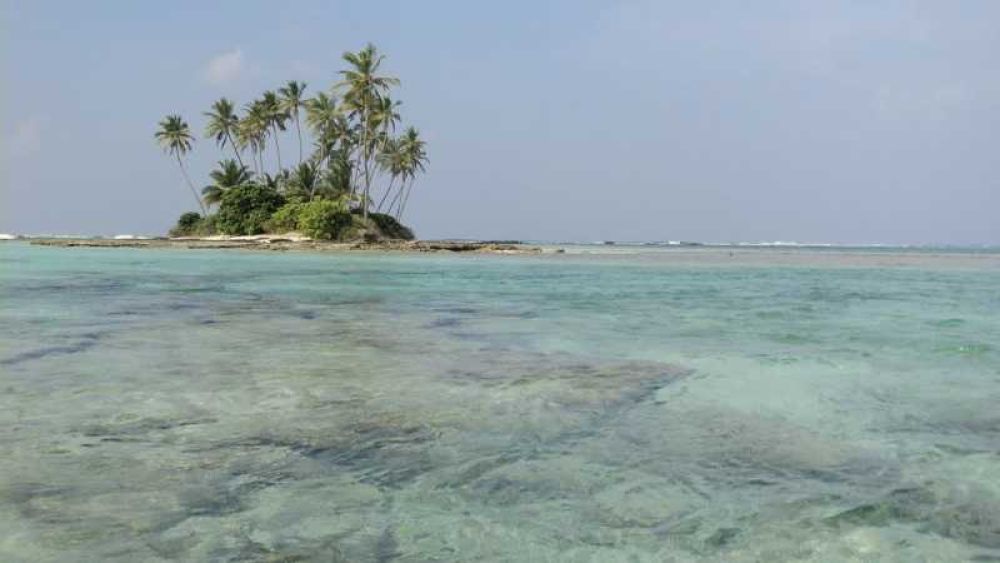

The breathtakingly beautiful Kalpeni Islands are a part of the Lakshadweep archipelago, located off the southwestern coast of India. Famous for its pristine and untouched beauty, the islands have attracted travelers in search of peace, solitude, and nature's charm.
Though inhabited for centuries, the Lakshadweep Islands, including Kalpeni, were not always prominent on the tourist map. Historically, these islands were known for their strategic importance and were used predominantly by fishermen. The history of tourism in Lakshadweep is relatively recent, with organized tourism starting around the 1970s when the Government of India began promoting the archipelago as a tourist destination.
The unique culture, coral reefs, and sandy beaches of Kalpeni have since made it a small yet significant spot for those looking to explore off the beaten path. Agatti Aerodrome, established in 1987, provided better access, subsequently helping in boosting tourism. Due to the islands' ecological sensitivity, tourism has been a controlled sector, with authorities ensuring that it remains sustainable and does not disturb the local ecosystem.
Recognizing the potential of tourism, the Lakshadweep administration has gradually developed requisite infrastructure with eco-friendly practices. The establishment of resorts, water sports facilities, and tourist huts, all while preserving the marine environment, played a critical role in popularizing Kalpeni Islands as a tourist destination.
In recent years, ecotourism has become a significant trend in Kalpeni. Visitors are increasingly interested in environmentally responsible travel, conservation, and supporting local communities. There has been a push towards creating a sustainable model of tourism that includes coral reef walks, snorkeling, turtle watch programs, and promoting traditional industries like coconut cultivation and fishing.
Another growing trend is adventure tourism. Kalpeni's lagoon is one of the largest in the Lakshadweep islands, providing perfect conditions for water sports such as kayaking, canoeing, reef walking, snorkeling, and scuba diving.
Despite the increasing flow of tourists, maintaining the fragile ecosystem of the islands remains a challenge. Strict environmental laws are in place to regulate the impact of tourism. There is also a continued emphasis on educating tourists about the importance of conservation.
Looking ahead, the local government aims to responsibly expand tourism on Kalpeni Islands. Efforts are being made to enhance connectivity, develop quality accommodation while preserving the natural ecosystem, and provide visitors with a memorable experience that highlights Lakshadweep's unique heritage and natural beauty.
The potential for tourism in Kalpeni is vast, with the island's untouched beauty offering an escape from the bustling mainland cities. As tourism evolves, Kalpeni Islands remain a hidden gem within India's diverse tapestry of destinations, appealing to those who seek tranquility and an intimate encounter with nature.